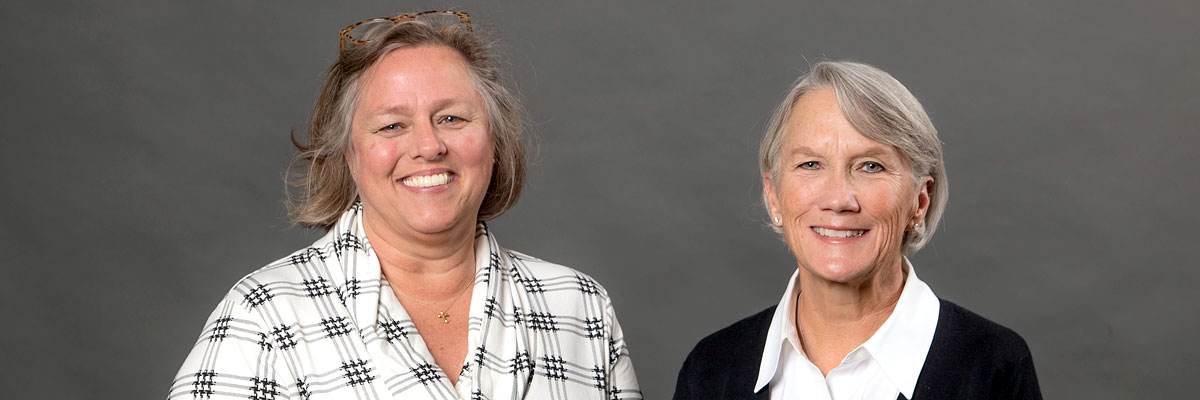Official Website of the
Catholic Diocese of Little Rock
Sixth Sunday of Easter, Year C
Published: May 26, 2019
Bishop Anthony B. Taylor preached the following homily at the Vincentian Lay Mission Center in North Little Rock on Sunday, May 26, 2019.

Bishop Taylor
Today's Gospel comes from Jesus' farewell discourse during the Last Supper in the Gospel of John — quite appropriate for us who have gathered today to say farewell to Father Toshio and Father Ariel. And obviously, Jesus’ disciples found talk of his unexpected departure very troubling … much like we find troubling the news that the Vincentians would be leaving Arkansas after 35 years of faithful service.
Jesus reassures his disciples that even though he is leaving, God will not abandon them. Indeed, he will send them the Holy Spirit to be with them and guide them always — and that is the Lord’s message to us today as well. In the portion of this discourse you just heard, Jesus says: "The Advocate, the Holy Spirit, whom the Father will send ... will teach you everything and remind you of all that I told you." Here Jesus says two very important things:
1.) The Holy Spirit "will teach you everything." This reminds us that in matters of faith, we are to be life-long learners — and God willing, the Lord will continue to use the Misioneros Vicentinos to help you do just that. Jesus gives us the Holy Spirit to lead us to a deeper and deeper relationship with God. Meaning there is no excuse for a Christian to have a closed mind. If you think you know all you need to know about our faith, you don't even know much about the Holy Spirit.
The true peace that Jesus gives is an interior peace that is independent of outward circumstances — including inner peace in times of transition and change, like what we are experiencing today. It is the peace not of escapism but rather of that peace, which is the fruit of self-sacrificing love. It is a peace that costs us a lot personally.
2.) The Holy Spirit "will remind you of everything that I" — meaning Jesus — "told you." This means first of all that when we investigate with open minds the things we believe, there is always the danger that we might get it wrong. The truth of Jesus' teaching is clear, but when we take the next step and draw conclusions in our own minds about what this means for us, the Holy Spirit will be there to help us test our conclusions in the light of Jesus' word and thus help us to avoid falling into error. In this case, the error of mistaken belief and also the error of mistaken — that is, sinful — behavior, which is a more immediate concern for most of us.
This is why, knowing that his disciples will betray, deny and abandon him, the next thing Jesus speaks about is peace. "Peace I leave with you; my peace I give you. Not as the world gives it do I give it to you. Do not let your hearts be troubled or afraid." We typically think of peace as mainly having to do with the absence of conflict, but in the Bible "Shalom" (the Hebrew word for "peace") is a much broader concept having to do with everything that is good for us, including our health.
Where we would say, "How are you doing?" a Hebrew speaker says, "How is your shalom?" So the key thing to notice is that for Jesus, "peace as the world gives it" is a false peace centered merely on the avoidance of trouble — which may even be simple cowardice, the refusal to confront evil.
The true peace that Jesus gives is an interior peace that is independent of outward circumstances — including inner peace in times of transition and change, like what we are experiencing today. It is the peace not of escapism but rather of that peace, which is the fruit of self-sacrificing love. It is a peace that costs us a lot personally.
For instance today we think of all the love Father Toshio and Father Ariel have invested in their ministry among us — at St. Anne Parish, and then driving to Glenwood, Arkadelphia, Jacksonville, Searcy and Benton to minister in Spanish there, all the work with the Misioneros Vicentinos, founding this Vincentian Missionary Center … and then having to leave it all behind and go in obedience to the next place to which they are called, entrusting the fruit of their labors here to others who will undoubtedly — even if unintentionally — do things differently than they did.
This requires real detachment and trust that the Lord knows what he is doing, even if sometimes we don’t. And that is why Jesus then goes on from there to speak in the rest of this discourse about his upcoming struggle to obey his Father’s will all the way to the end — the cost he will pay to set us free from the power of sin and death — culminating in his crucifixion ... and then his ultimate vindication on Easter Sunday, the peace the world cannot give par excellence.









